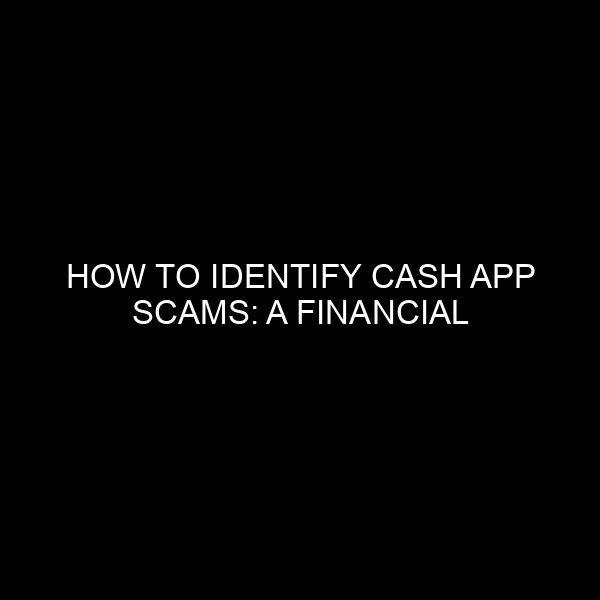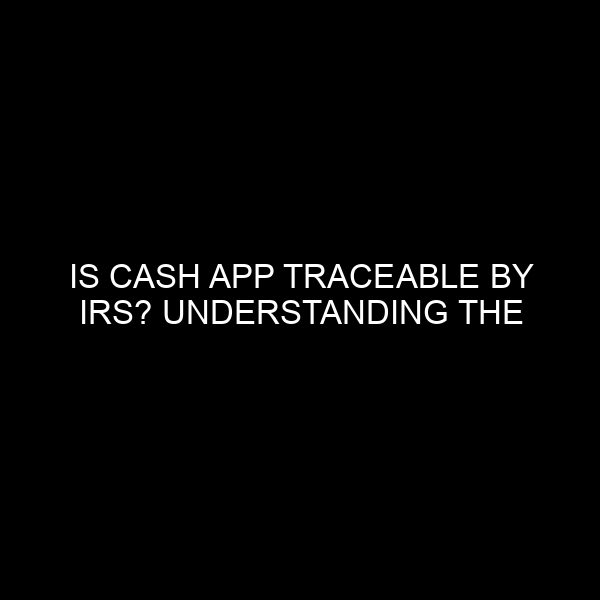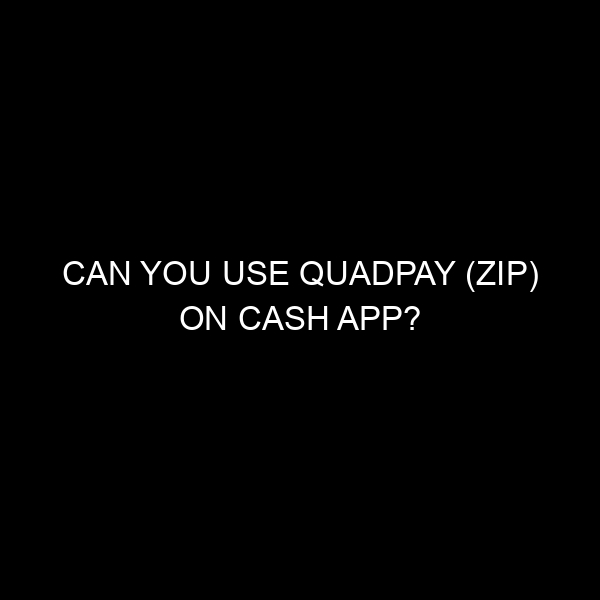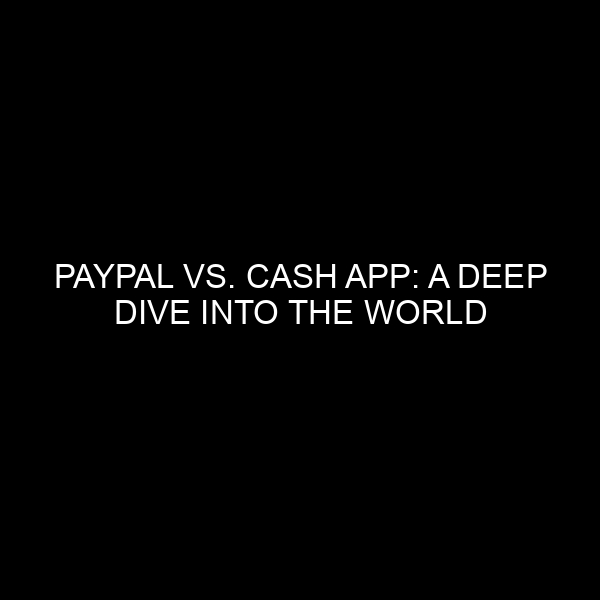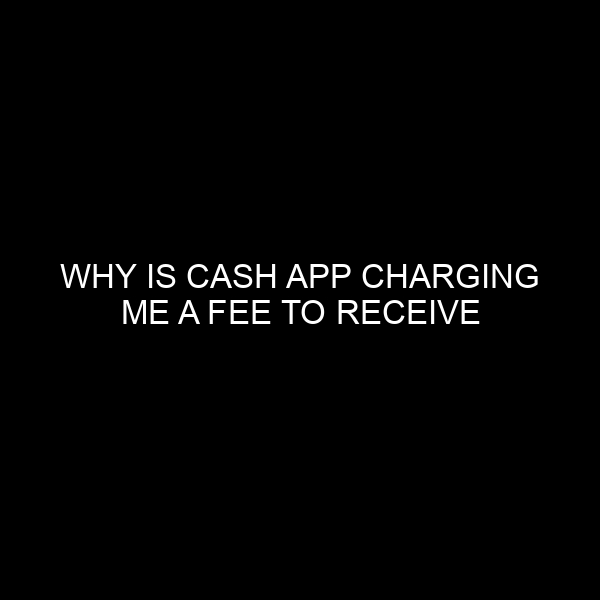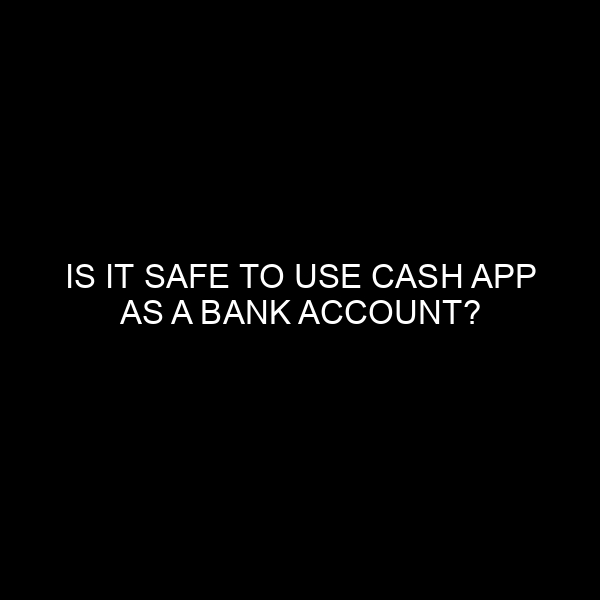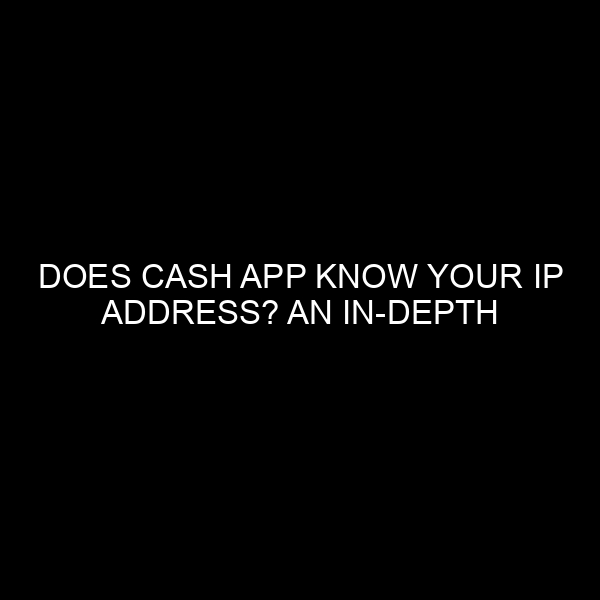How to Identify Cash App Scams: A Financial Expert’s Guide
In today’s digital age, peer-to-peer payment apps like Cash App have gained immense popularity due to their convenience and ease of use. As with any technology that facilitates money transactions, there’s also an opportunity for unscrupulous individuals to take advantage. With my background in the financial market and the banking industry, I’ve encountered various scams that operate through such platforms. In this article, I’ll guide you through the warning signs of Cash App scams and provide expert insights on how to protect yourself.
Understanding Cash App Scams
Before diving into the warning signs, it’s important to understand the modus operandi of most scammers on Cash App.
- Fake Cash App Service Representatives: Some scammers pose as Cash App customer support and ask for personal details or verification codes. They may even direct users to fake websites mimicking Cash App’s official site.
- Money Flipping Offers: Another common scam is where someone claims they can “flip” your money, promising to increase your investment several times over in a short period.
- Fake Cash App Links: These are links that lead to websites designed to look like the Cash App login page. When users enter their login credentials, scammers gain access to their accounts.
- Phishing Emails: Scammers send fake emails pretending to be from Cash App, asking users to confirm their identity or click on malicious links.
Warning Signs of Cash App Scams
1. Unsolicited Payment Requests
Be wary of any unsolicited payment requests, especially if they come with a sob story or urgent pleas. A scammer might claim they sent money by mistake and urgently need it returned. Always verify transactions before taking any action.
2. Offers Too Good to Be True
If someone promises to double or triple your money instantly, it’s most likely a scam. Always be skeptical of offers that sound too good to be true.
3. Requests for Personal Information
Cash App will never ask you for your PIN or sign-in code outside the app. If someone claiming to be from Cash App asks for this information, they’re trying to scam you.
4. Redirecting Outside of the App
Be cautious if you’re directed to external sites or asked to download other apps. These could be phishing attempts or ways to install malicious software on your device.
How to Protect Yourself
1. Use Cash App’s Official Channels
Only contact Cash App through the app or the official website. Do not trust phone numbers or links provided by strangers or unverified sources.
2. Enable Security Features
Cash App offers several security features like the Security Lock, Touch ID, or Face ID. Use them to enhance the security of your account.
3. Verify Transactions
Before sending money, especially to new contacts, verify the transaction details. Call or text the recipient to ensure that they’re expecting the payment.
4. Regularly Monitor Your Account
Keep a close eye on your Cash App balance and transaction history. If you notice any unfamiliar transactions, report them immediately.
5. Educate Yourself
Stay updated on the latest scams and tactics used by fraudsters. The more you know, the better equipped you’ll be to spot a scam.
Conclusion
While Cash App provides a quick and efficient way to transfer money, it’s crucial to stay vigilant and aware of potential scams. By understanding the warning signs and taking proactive measures, you can safeguard your money and enjoy a seamless digital banking experience. Always remember: when in doubt, trust your instincts and verify before making any transaction. Your financial security is paramount.
